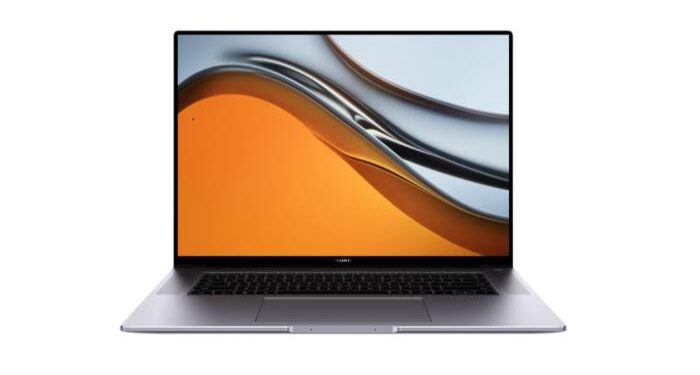A good quarter from Tesla, reported on Wednesday, protects its chief, Elon Musk, from critics who say he should stick with the electric-car business and avoid distractions like trying to buy Twitter, a target he still seems set on pursuing.
Our latest on the latter Musk obsession is that he has unveiled a $46bn financing package to fund a takeover bid that would be one of the largest leveraged buyouts in history.
He has lined up $25.5bn in debt, including a margin loan of $12.5bn against his shares in Tesla, from a group of banks led by Morgan Stanley, his financial adviser. Separately, he said he would provide $21bn of equity for the deal, although he did not provide further details.
Alphaville has the breakdown of a package that can be used to launch a tender offer to all Twitter shareholders in the coming days, a move that would put pressure on the social media company’s board to negotiate with him. Private equity investors will now consider whether to try to participate in the package, either as holders of the debt or as equity partners.
The FT View is that the takeover battle so far is about posturing. No poison pill, as has been set up by Twitter’s board, has ever been wilfully triggered, while Musk’s real intent remains elusive.
Tesla’s revenue in the latest quarter more than doubled from a year before to $18.7bn, or about $1bn more than most analysts’ forecasts. Musk said a factory shutdown in China and severe supply chain pressures would put a brake on growth in the current quarter.
Further out, he claimed that a new, purpose-built robotaxi without a steering wheel or pedals would reach production in 2024 and become a “massive driver of growth” for the company.
Lex says Tesla shares are down just 8 per cent this year amid a huge pullback among other high flyers, and it remains a trillion-dollar company. Musk has lifted Twitter’s stock with his growing stake and bid for the company. Now, although he risks sipping from a poisoned cup, he has the finances in place to persuade shareholders to hand over more.
The Internet of (Five) Things
1. Ackman dumps Netflix
Billionaire investor Bill Ackman has sold his stake in Netflix at a roughly $400mn loss just months after acquiring the position, in the latest blow to the streaming company that saw its market value collapse on Wednesday following a decline in subscribers. In Unhedged, Robert Armstrong’s analysis suggests that the sell-off was not overdone.
2. Warner Media gains subscribers
WarnerMedia said it had signed up 3mn subscribers to its HBO and HBO Max streaming service in the first quarter, in contrast to Netflix’s declining numbers. It had 76.8mn HBO Max and HBO subscribers worldwide, with 1.8mn subscribers added in the US, where Netflix’s growth has ground to a halt. However, Warner-Discovery’s new leadership has dealt a blow to CNN’s ambitious plans for its streaming service.
3. EU to unveil Digital Services Act
The EU is poised to unveil a law on Friday that will force Big Tech to police their platforms more aggressively over illegal content. The practice of targeting users online based on their religion, gender or sexual preferences will be banned under the Digital Services Act.
4. Amazon criticised over scheme for injured staff
Amazon plans to expand a scheme to send injured US warehouse staff to non-profit groups, such as homeless shelters, kitchens and charity shops, in what workers’ rights advocates argue is an effort to mask a safety crisis at the company. More than 10,000 Amazon workers have been placed at non-profits since Amazon Community Together launched in June 2016.
5. Crypto and old guard meet in Caribbean
In a sign of the growing influence of crypto companies in the traditional financial services sector, David Solomon, Goldman Sachs chief executive, has met Sam Bankman-Fried, billionaire FTX founder, to discuss forging closer ties between the Wall Street bank and the barely three-year-old cryptocurrency exchange.
Tech tools — Huawei MateBook 16
Huawei has shown that its prowess in smartphones can be repeated in other areas as it extends its product line to ones not affected by US sanctions. The MateBook 16 is another example, a classy Windows 11 laptop with a 16in screen, priced at £999.99. I found it quite weighty (2kg) compared to the LG Gram (1.35kg), which has an even larger screen, but it has a similar heft to a MacBook Pro (2.1kg) and the metal body adds robustness.
The ‘on’ button also includes fingerprint scanning, there is the obligatory backlit keyboard and the display is the star, with support for up to a 2.5K resolution and a 3:2 aspect ratio that I found better for organising work.
There is plenty of power and storage in the shape of an AMD Ryzen 7 processor with integrated Radeon Graphics, 16GB of RAM and a 512GB solid state drive. Like other reviewers, I found the location of the webcam a little puzzling — it pops up from the keyboard and makes for an odd camera angle — but the MateBook 16 pleases in every other aspect.











